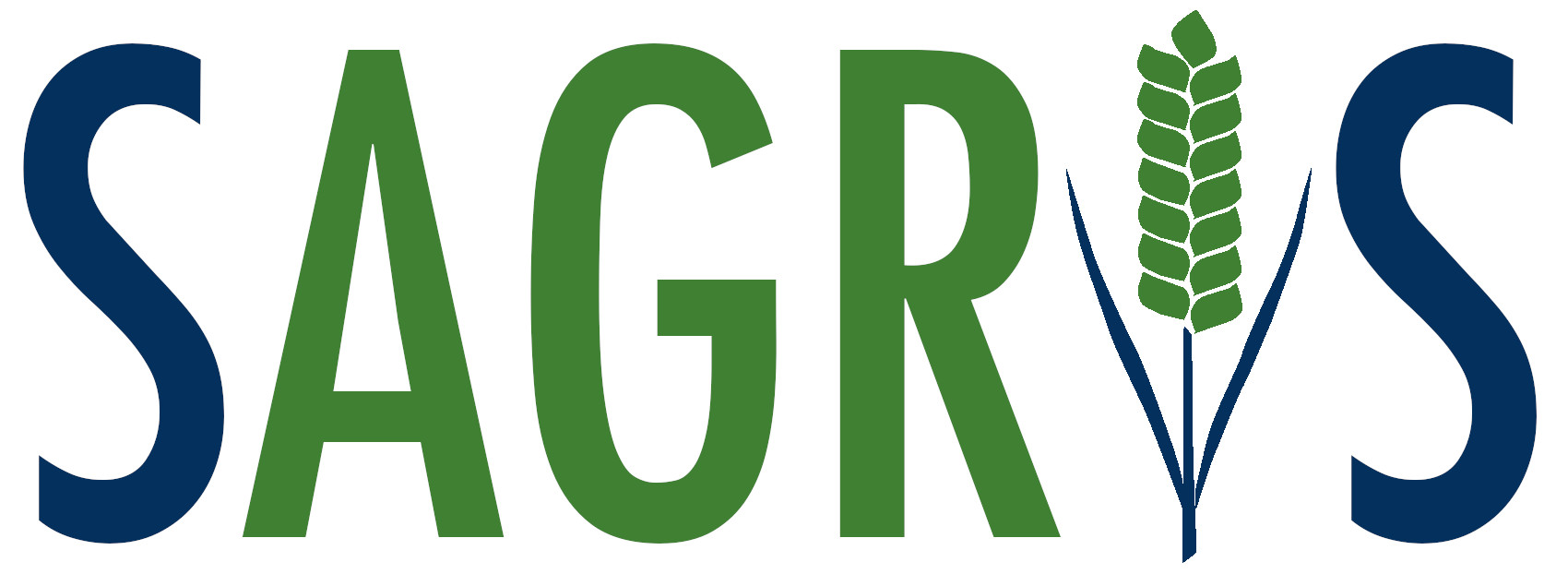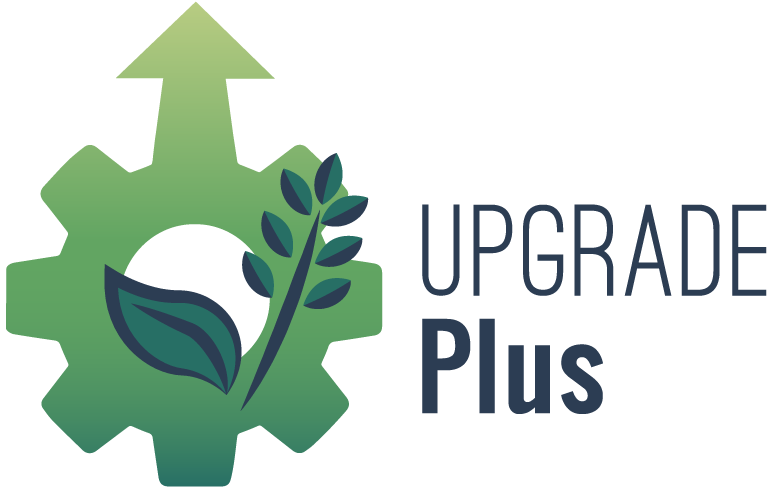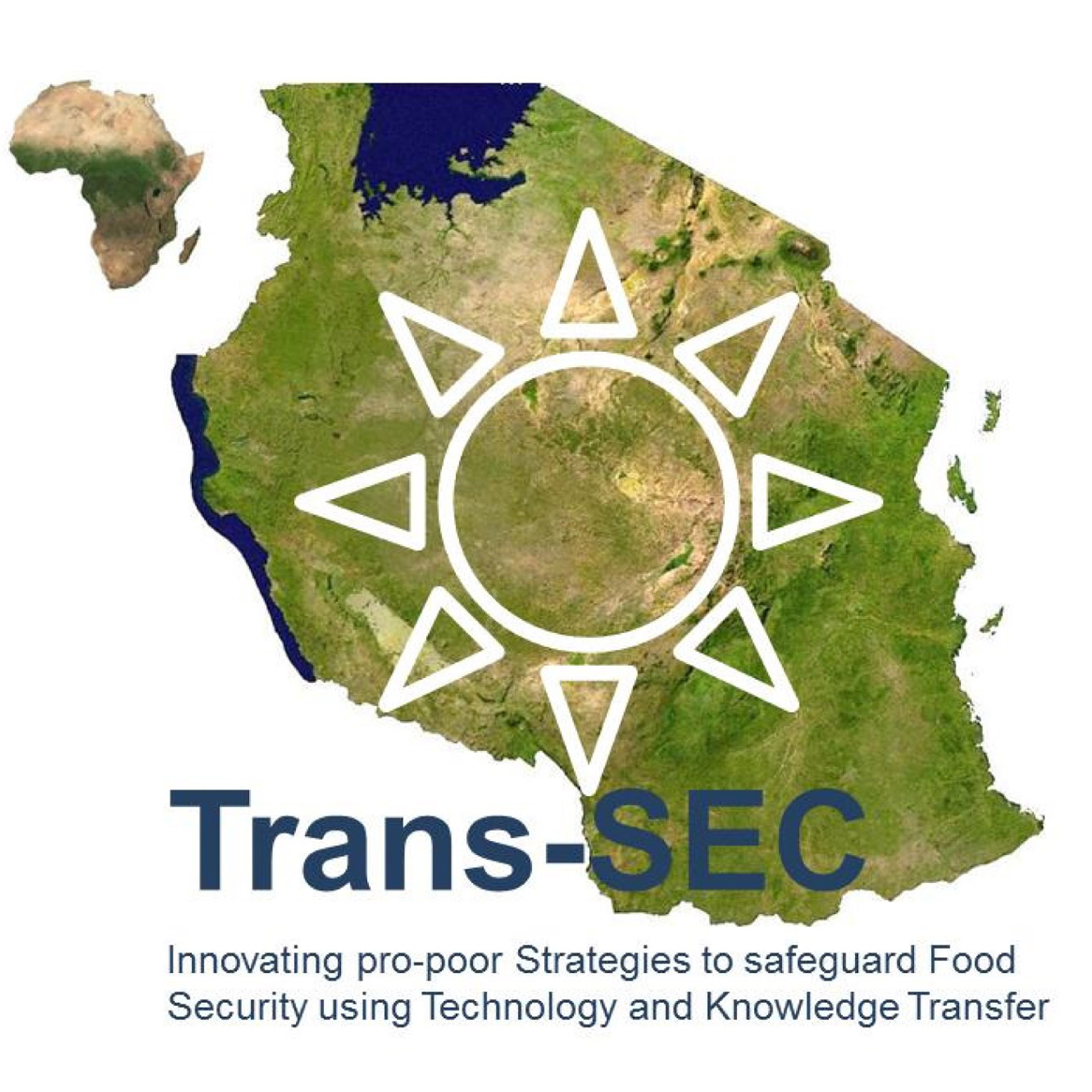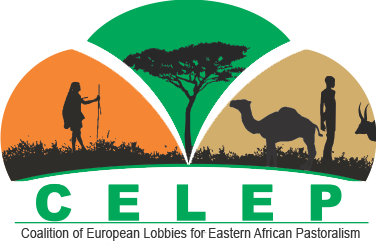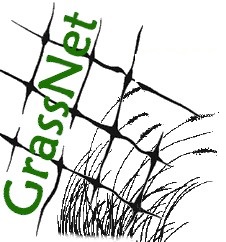“Supporting the vulnerable: Increasing adaptive capacity of agro-pastoralists to climate change in West and Southern Africa using a transdisciplinary research approach”
funded by BMZ and led by ILRI
- Inventory, documentation and dissemination of past, present and possible future agro-pastoralists coping mechanisms to deal with climate variability.
- Active learning mechanisms developed, and priority livestock-based technological adaptation options for improving food security, incomes and sustainability of agro-pastoralists co-identified with communities and other stakeholders and pilot tested.
DITSL follows a transdisciplinary research approach. DITSL scientists use a participatory rural appraisal approach and open in-depth interviews. This allows rural people to contribute their interest and their knowledge to the research process, following the ideal that all people regardless of age, gender, or level of education have the right to participate in research activities that aim to generate knowledge about and for them.
In the first phase, system analysis in four different study villages in different agro-ecological zones is conducted in Mali and Mozambique. Based on this insight into the production system in the second phase an analysis of local innovations is conducted to identify potential adaptation options to be tested by the local communities. To initialise collaborative learning producer groups are formed in the villages. The producer groups are officially registered as community based organizations; they have established constitutions and decision making procedures. In this way the collaboration between the producers and DITSL scientists is institutionalized which is a prerequisite in transdisciplinary research projects. The objectives of these producer groups are threefold:
- Collective experimentation of innovations in crop and animal production
- Exchange of knowledge and experience among the producers
- Adaptation and improvement of farm management strategies
The decision power over project funds for the group work is fully in the hands of the agro-pastoralists.
Published article on farmer organisations
Project Leader: PD Dr. Brigitte Kaufmann
| Social learning to promote decent living and working conditions of rural households in Mozambique (Phd) | Claudia Levy | currently conducted |
| Assessment of community based activities through implementation of participatory monitoring and evaluation system (MSc) | Maria Restrepo | |
| Fulani agro-pastoralists’ production strategies: adaptation to climate variability in Mopti Region, Mali (MSc) | Magdalena Werner | |
| Identification of agro-pastoralists’ adaptation strategies to climate variability: A case study in Mopti, Mali (MSc) | Roland Kuété Tagnigue | |
| Establishing and assessing collaborative learning approach with agro-pastoralists to support their adaptive capacity (MSc) | Katja Flockau |

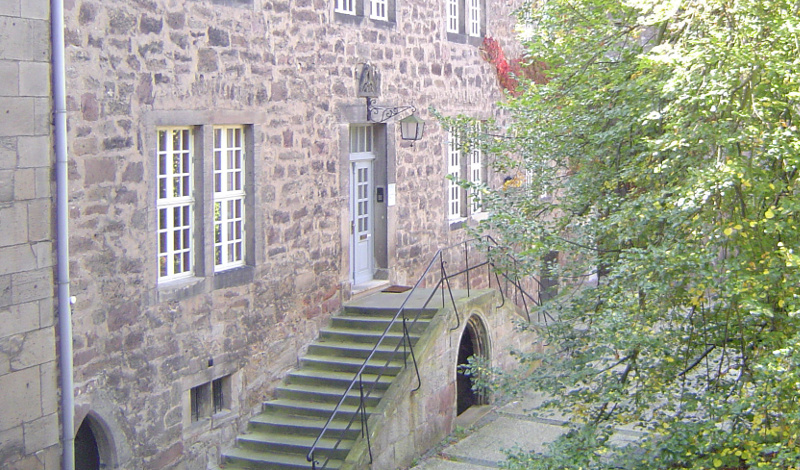




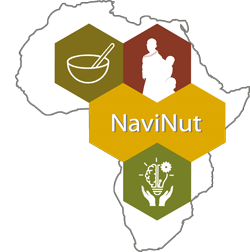 NaviNut
NaviNut